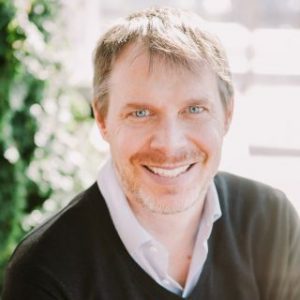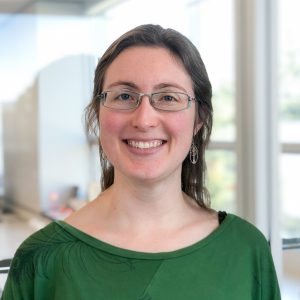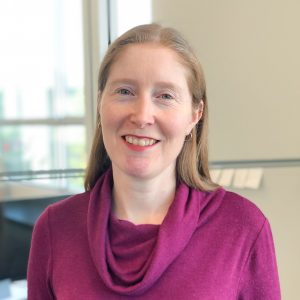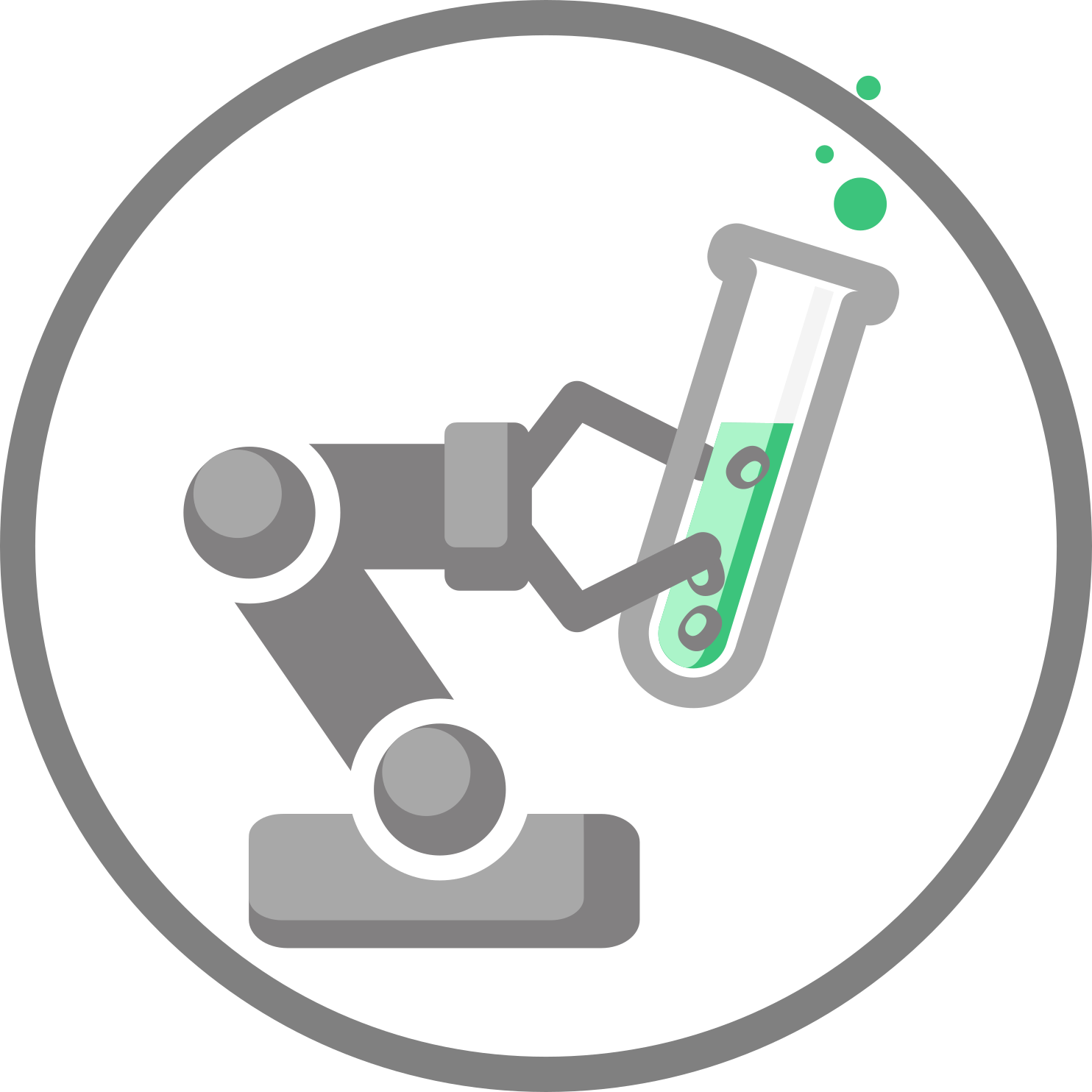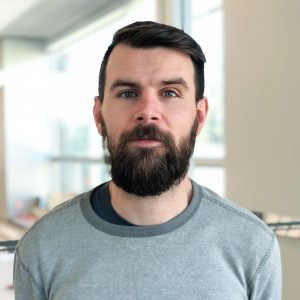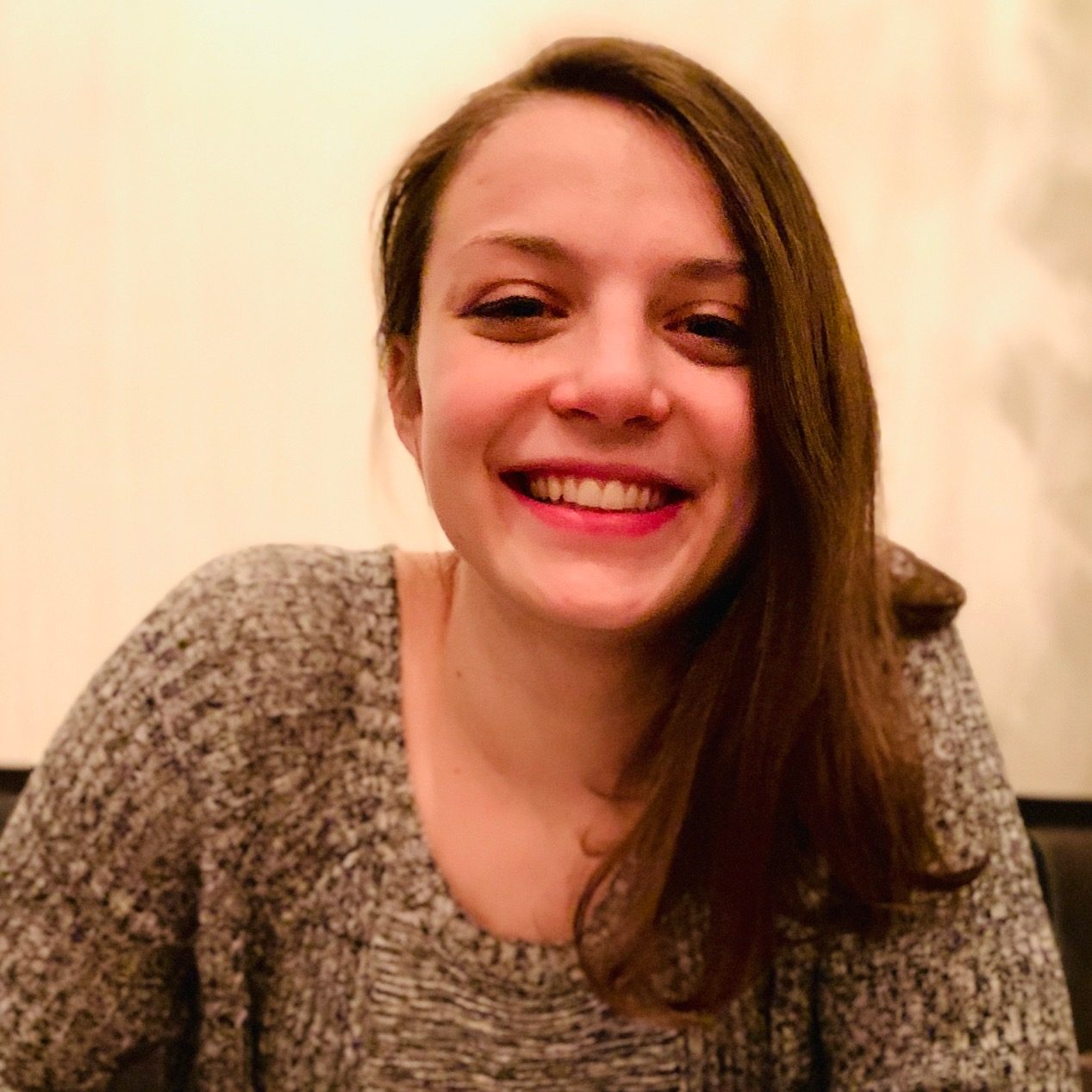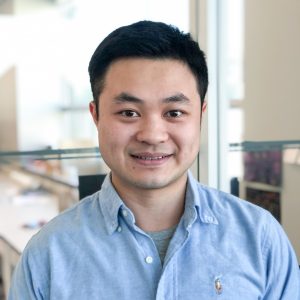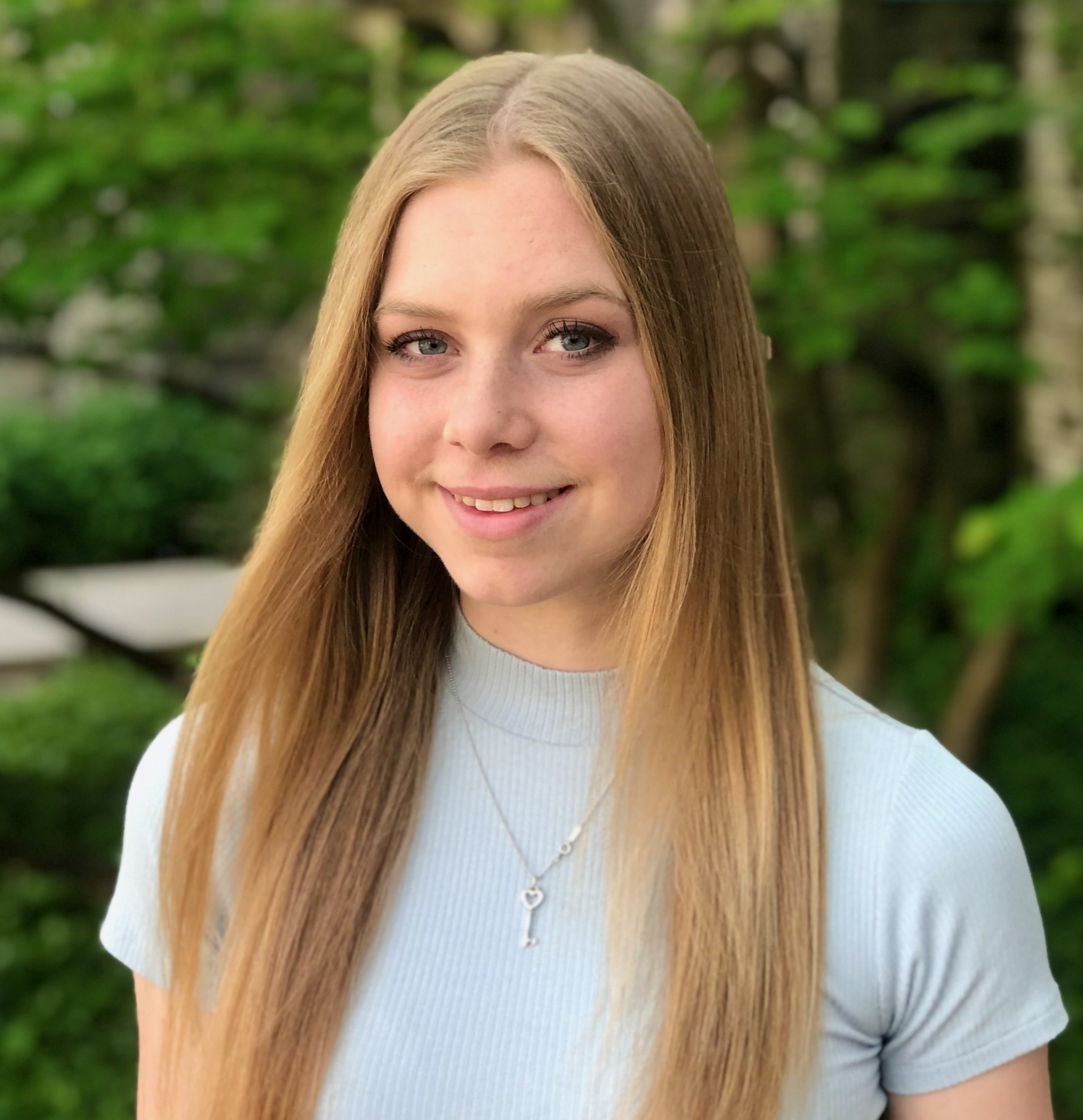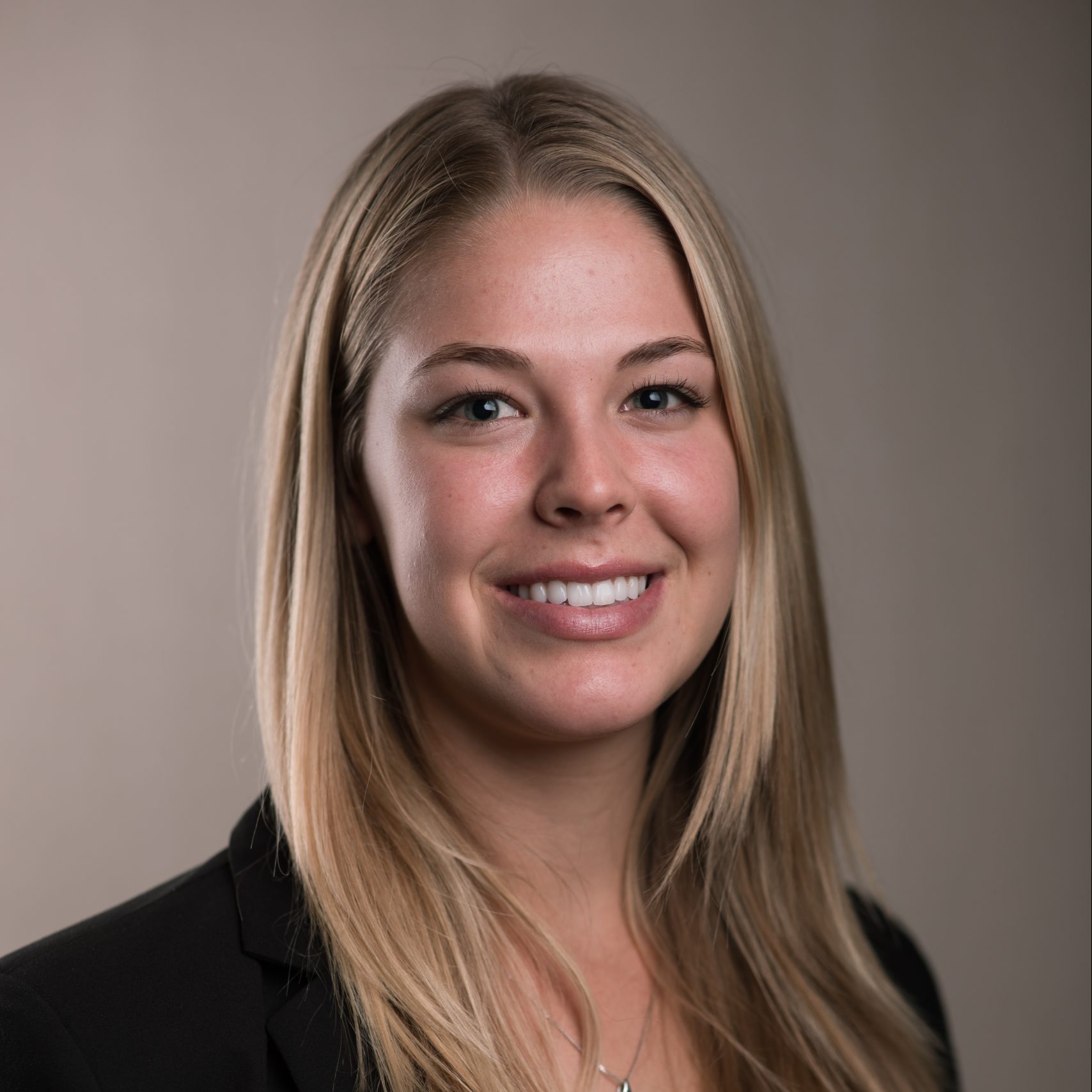Meet the team
Principal Investigator
Staff
Education
University of Victoria, Victoria, BC, Canada Bachelor of Science, Biochemistry and Molecular BiologyBio
Carla’s roles in the lab are maintaining hPSC cultures, managing inventories, training new personnel, navigating university bureaucracy, and generally keeping the lab running smoothly. Carla activities outside the lab include choral singing, playing violin, swing dancing, kayaking, drinking coffee, and attempting to keep up with her highly energetic toddler (whether or not there is a correlation between these last two is left as an exercise for the reader).Education
University of British Columbia, Vancouver, BC, Canada Doctor of Philosophy, ZoologyUniversity of Toronto, Toronto, ON, Canada Masters, Medical Biophysics
University of Saskatchewan, Saskatoon, SK, Canada Bachelors Certificate, Biology
University of Saskatchewan, Saskatoon, SK, Canada Bachelors Degree, Physics
Bio
Cynthia was educated in Canada, obtaining her BSc at the University of Saskatchewan, MSc at the University of Toronto, and PhD at the University of British Columbia. She then moved to the United Kingdom for postdoctoral research at the Wellcome Trust Sanger Institute, MRC London Institute of Medical Science, University College London, and the University of Cambridge, focusing on stem cell epigenetics and physical biology. She pursued academic-industry translational research and development with Stemcell Technologies UK Ltd in collaboration with the Cambridge Stem Cell Institute as part of the European Union’s PluriMes research consortium. At the Zandstra Lab UBC location, Cynthia is supporting research operations including lab set-up, personnel recruitment, securing new funding, communications, laboratory management and oversight, and coaching junior research personnel. Her research focuses on how genetic and epigenetic regulatory networks, as well as microenvironmental, spatial, and biomechanical inputs influence blood development from pluripotent stem cell differentiation systems. In her spare time, Cynthia enjoys the great outdoors around Vancouver, particularly skiing and snowshoeing in winter, and hiking and kayaking in the summer, and playing ultimate frisbee. She’s also been a contemporary dance enthusiast for many years, and is the proud mom to two peachfaced lovebirds.Education
Max Planck Institute for the Physics of Complex Systems, Dresden, Germany & University of Geneva, Geneva, Switzerland Postdoctoral Fellow (w/ F. Jülicher and M. Gonzalez-Gaitan), Biological PhysicsAndalusian Center for Developmental Biology (CABD), Sevilla, Spain Postdoctoral Fellow (w/ F. Casares), Computational Biology
University of Sevilla, Sevilla, Spain Doctor of Philosophy (w/ A. Cordoba, M.C. Lemos), Systems Biology
International University of Andalusia, Sevilla, Spain Masters, Bioinformatics and Computational Biology
University of Sevilla, Sevilla, Spain Masters, Complex Systems and Nonlinear Phenomena
University of Córdoba, Córdoba, Spain Bachelors Degree, Physics
Bio
Daniel, as expected from a theoretical physicist, likes wearing ‘Green Lantern’ symbology, discussing depths of ’The Matrix’ and playing board games. Additionally, Daniel is a movie maniac and collector of vinyl records. He plays drums and guitar, and equally loves vegan food, sushi and jamón serrano (no incongruence at all). Daniel leads the theoretical and computational side of the Z-lab. He’s actively involved in projects from different subfields in the lab, from differentiation patterns in organoid structures to differentiation trajectories in hematopoietic stem cells, where he is emphasizing in the control aspects of these lines. In this direction, Daniel is opening new research lines in the control of growth in functional organoids, and in the detection, quantification, analysis and control of emergent properties, with the latter research line being translationally applied through the different areas composing the Stem Cell Bioengineering lab.Education
University of Toronto, Toronto, ON, Canada Masters, Biomedical EngineeringUniversity of Victoria, Victoria, BC, Canada Bachelor of Engineering, Biomedical Engineering
Bio
I enjoy cooking food, fermenting food, and eating food. In a former life I worked in fabrication and I enjoy designing and building things that are of practical use (that’s why I’m an engineer). My dream job is to travel the pacific northwest coast in a tug boat searching for logs that fall off barges (ie. The Beachcombers).Postdoctoral Fellows
Education
McGill University, Montreal, QC Canada PhD, Biological and Biomedical EngineeringD.Y. Patil University, India Master of Technology, Biotechnology
Bio
Ajinkya completed his PhD under Prof. Allen Ehrlicher in the Department of Bioengineering at McGill University. During his doctoral studies, he developed PaCS (Pattern-based Contractility Screening) technology to measure mechanical forces applied by mammalian cells. Using PaCS, he unveiled the specific role of mechanical forces in manipulating nuclear shape and influencing cell fate decisions. In Zandstra’s lab, Ajinkya is investigating the role of mechanical forces in controlling stem cell fate, with the ultimate goal of directing cell behavior through mechanical cues. Outside the lab, you’ll often find Ajinkya playing video games, watching anime/web series, or exploring various bars and restaurantsEducation
Harvard University, Cambridge, MA Doctor of Philosophy, Engineering Sciences: BioengineeringUC Berkeley, Berkeley, CA Bachelor of Science, Bioengineering (Materials Science)
Bio
Nikko completed his PhD with Dave Mooney at Harvard and the Wyss Institute, where he engineered semi-synthetic extracellular matrices and computational models to probe and understand human T-cell development ‘in a dish’. Building upon his obsession with molecular biophysics, blood stem cell engineering, and immunology, Nikko is working in the Zandstra Lab to use synthetic biology tools to understand T-cell leukemogenesis and the systems pharmacology of bispecific T-cell engagers. If you don’t find Nikko in the lab, he is probably sprawled out somewhere in the mountains, the forest, or by the water. He might also be at the skatepark, or writing poetry and playing guitar.Education
Massachusetts Institute of Technology, Boston, MA Doctor of Philosophy, Biological EngineeringUniversity of Washington, Seattle, ON Bachelor of Science, Bioengineering
Bio
Ross completed his PhD under Ron Weiss and Domitilla Del Vecchio at MIT, where he developed genetic control systems to make synthetic gene circuits operate robustly regardless of the messy cellular context inside mammalian cells. As a control freak, Ross is working in the Zandstra Lab to build genetic controllers to control cell fate decisions and ultimately control the behavior of cell therapies. Outside of the lab, you can probably find Ross playing sports, reading/watching sci-fi, or trying out a new board game.Education
Sharif University of Technology, Tehran, Iran Masters, BiophysicsSharif University of Technology, Tehran, Iran Bachelor of Science, Theoretical Physics
Bio
Tiam Heydari is a Ph.D. student in the school of biomedical engineering. Tiam obtained his undergraduate and masters degree from Sharif University of Technology (SUT) in theoretical physics where he worked on developing the Virtual Cell Model as his thesis. In Zandstra lab he is focusing on studying collective behavior and emergence in multicellular systems by employing tools from non-equilibrium statistical physics, systems biology, and bioinformatics.Students
Education
Dalhousie University, Halifax, Canada Master of Science, Microbiology and ImmunologyDalhousie University, Halifax, Canada Bachelor of Science, Microbiology and Immunology
Bio
Once upon a time, Beth lived in a distant eastern land, Halifornia. There her first love was viruses, an evasive love, but infectious nonetheless. Alas, as life goes, she continued her journey west and a new love stemmed. While this new romance felt cell-fish, Beth dove right in to exploring the early stages of development of blood and immune cells. Now, she is trying to understand how the spatial context of developing cells can tune what type of cell they become. It’s bloody exciting. In her new life in BC, Beth likes to run, cook, go up and then back down mountains (through a variety of methods) and make lots of bad puns.Education
University of Toronto, Toronto, ON, Canada Masters, ImmunologyUniversity of Toronto, Toronto, ON, Canada Bachelors of Science, Immunology
Bio
Cellular engineering is a crucial area in developing personalized medicine. Synthetic biology takes advantage of advancements in DNA synthesis, molecular and computational biology to design and engineer customized synthetic signaling pathways that allows for “smart” forward programming of the cell based on their transcriptomic state. Charles focuses on using synthetic biology to influence cell development and cell fate of pluripotent stem cells with the goal of generating specific cell types for regenerative immunotherapy. Always down for a drink. If you want to get me drunk, one drink is all it takes. Interesting include archery, guitar, video games and distracting people from their work.Education
University of Toronto, Toronto, Canada Bachelor of Applied Science, Engineering Science (Biomedical Engineering Major, Robotics Minor)Bio
Differentiating cells face numerous lineage-fate decisions throughout their development. Divy is utilizing computational approaches to investigate the regulatory state that controls the bifurcation of iPSC-derived T cells towards the naive cytotoxic and helper T cell fates. Variations between the regulatory states of iPSC-derived T cells and naturally developing T cells may elucidate perturbable variables for robustly controlling cell fate in vitro. Outside the grind, Divy enjoys playing chess (he sucks), eating food (a lot), and watching movies (he excels).Education
University of California, San Diego, CA, USA Masters, Biomedical SciencesUniversity of California, San Diego, CA, USA Bachelor of Science, Molecular Biology
